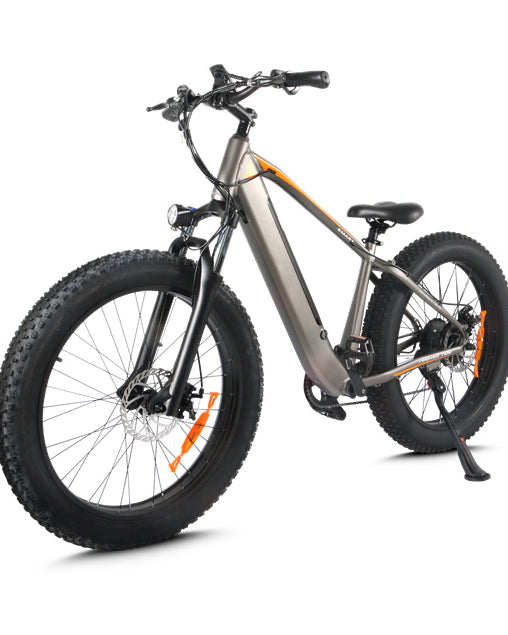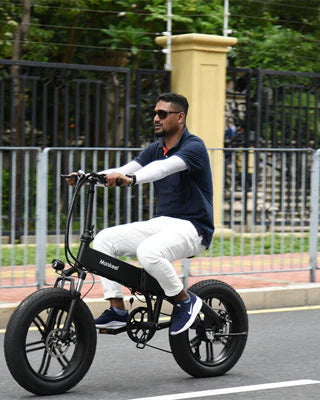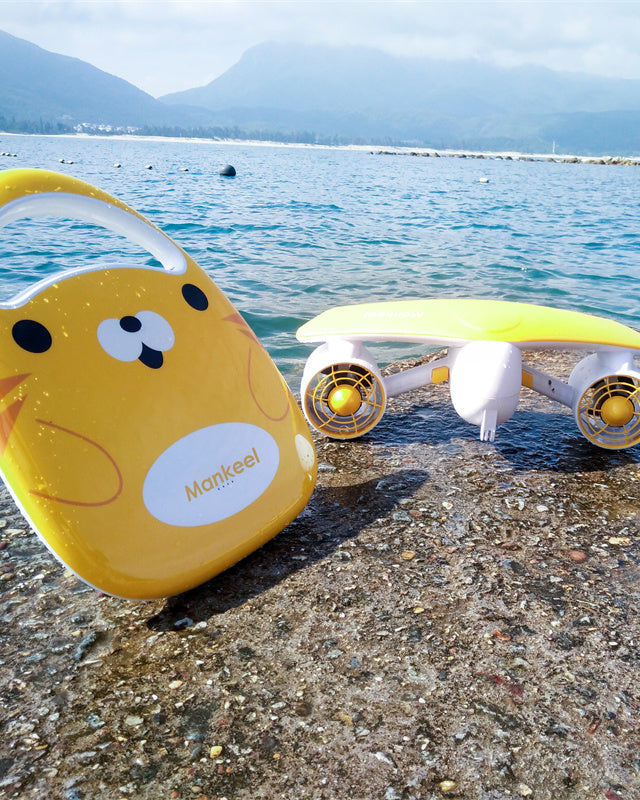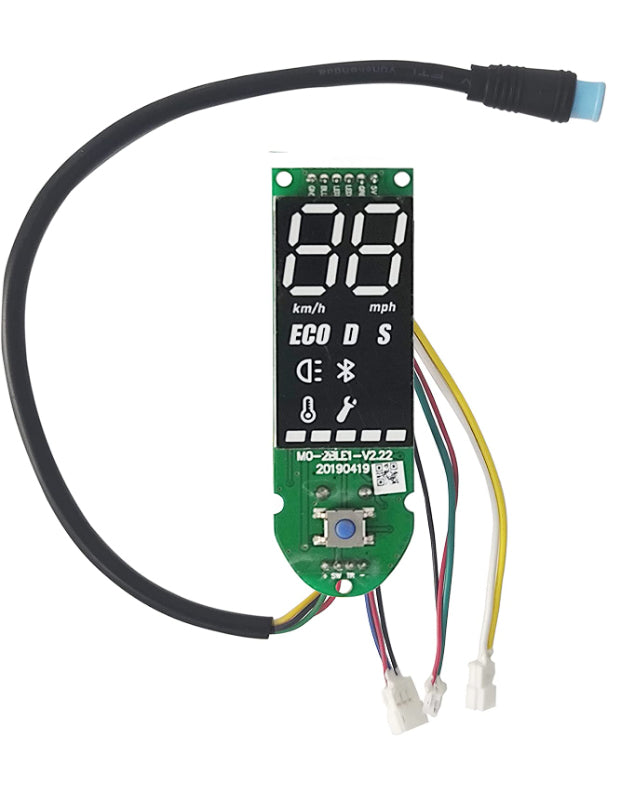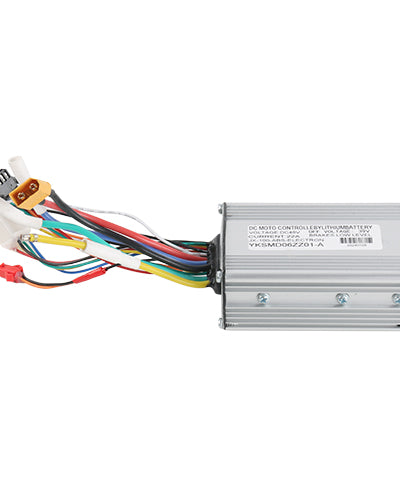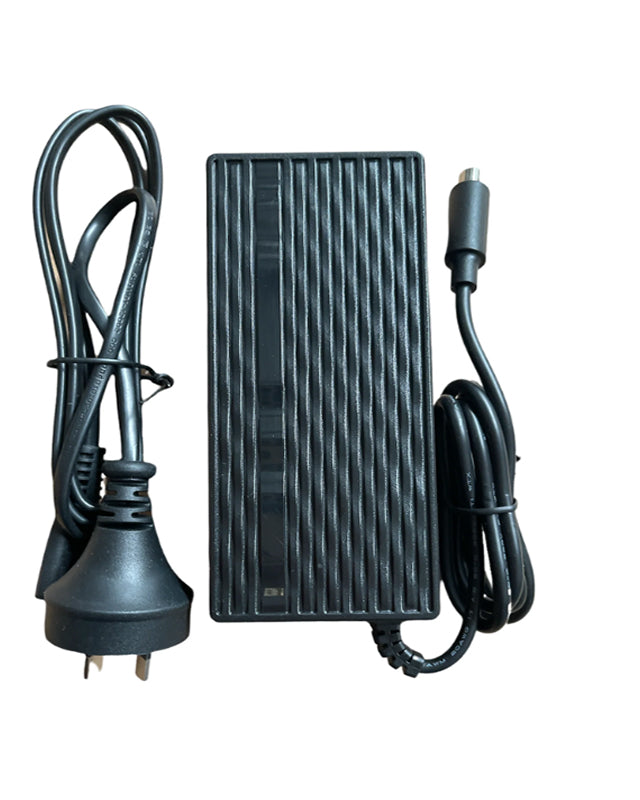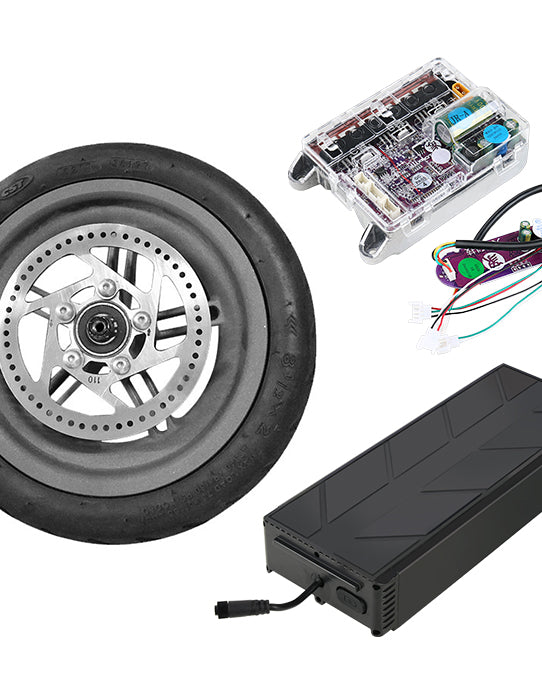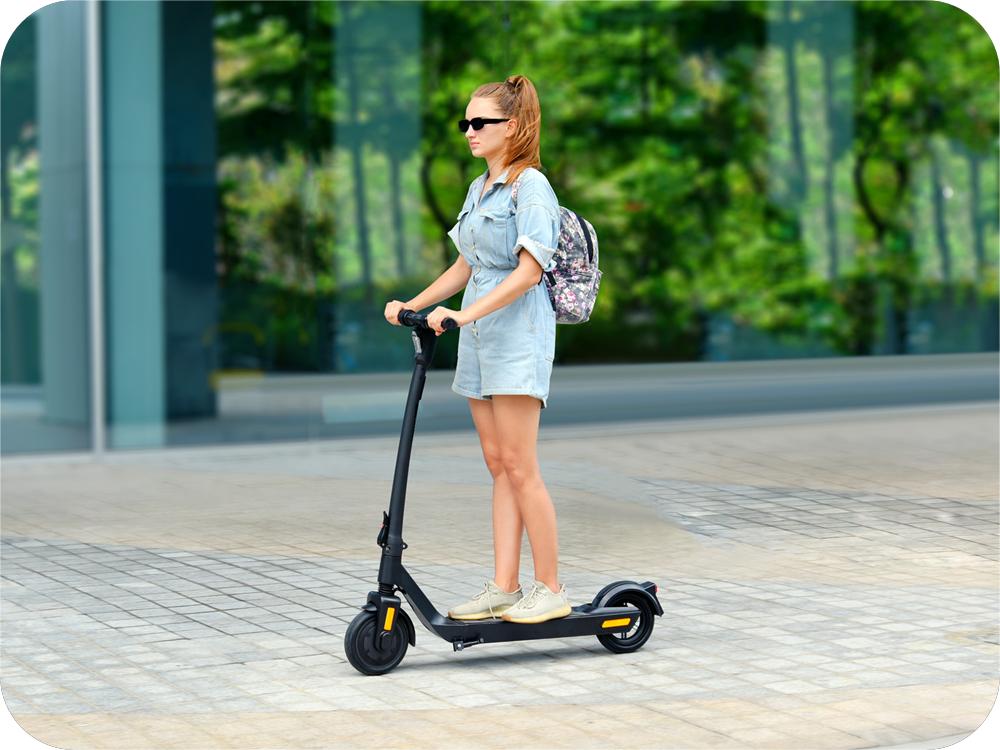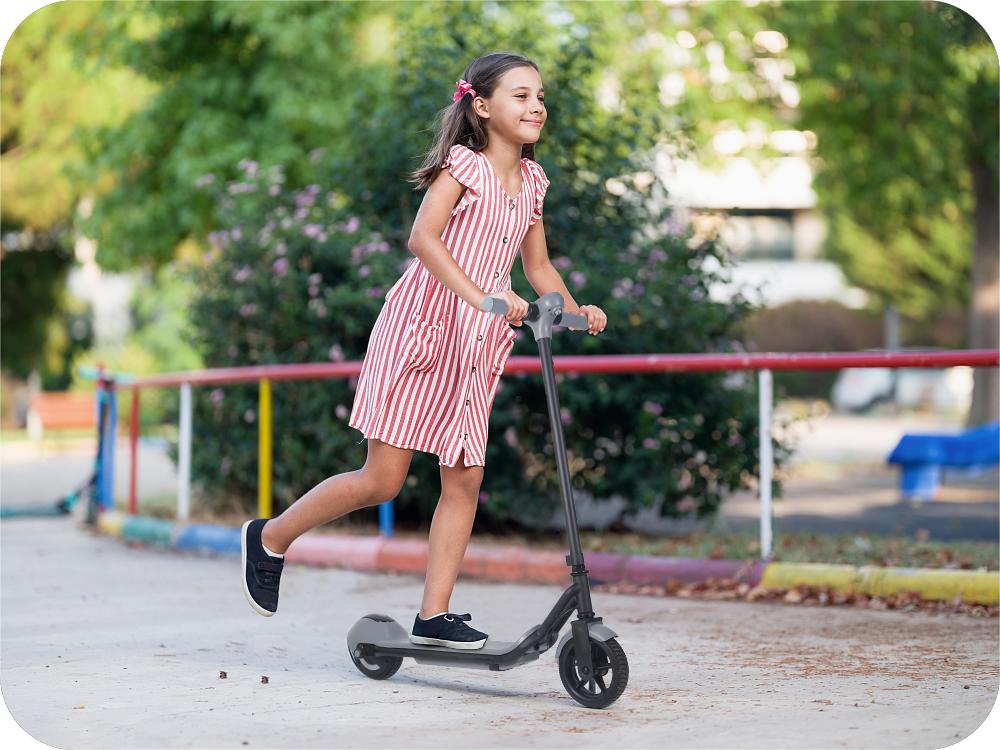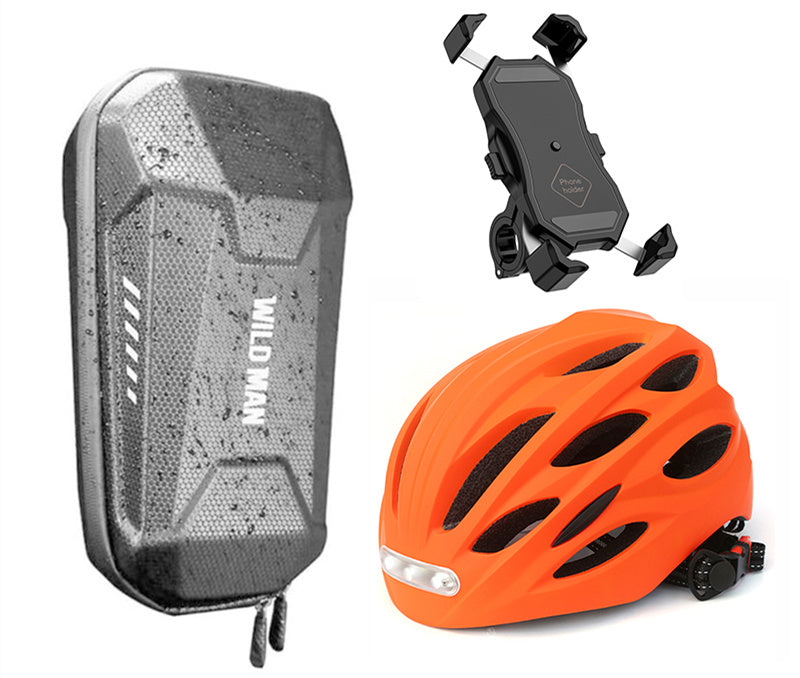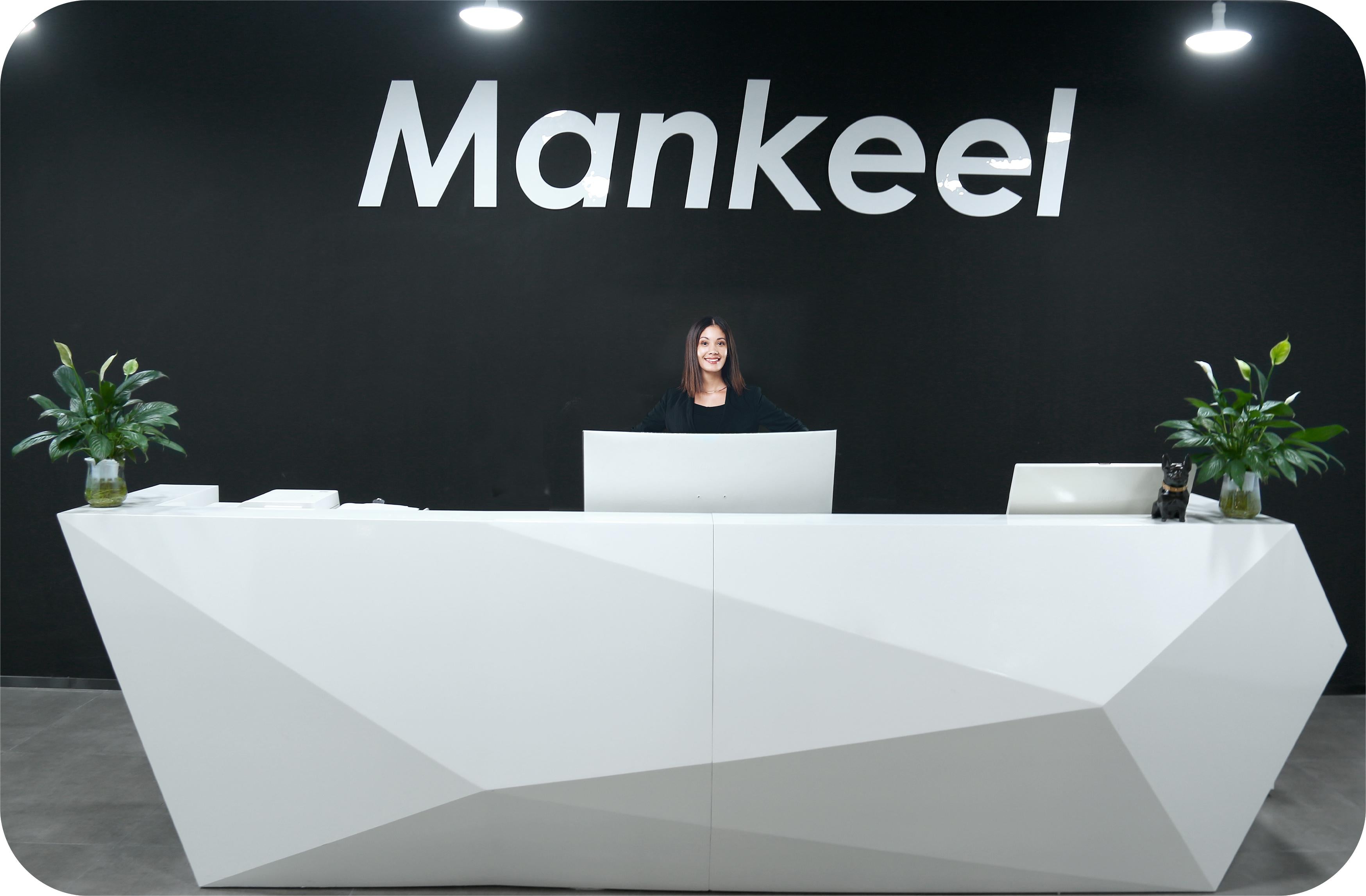Introduction to SKD (Semi-Knocked Down) Transportation
SKD (Semi-Knocked Down) transportation is a strategic logistics approach where electric scooters are shipped as partially pre-assembled modules rather than as complete units. Under this method, manufacturers organize key structural components—such as the handlebar assembly, wheel systems, deck, and battery—into large sub-assemblies before shipment. End customers receive these modular parts and need only perform final connection steps (e.g., attaching wheels to the deck, securing the stem) to achieve a fully functional product.
1. Lower Customs Tariffs
Many countries apply substantially higher import duties on fully assembled electric vehicles to protect domestic manufacturing or regulate market competition. By shipping scooters in SKD form, exporters can legally classify shipments as "parts" or "components," which often qualify for reduced tariff rates—sometimes 20–50% lower than those for complete units. For example:
-
EU markets may impose 6–8% tariffs on scooter parts vs. 12–15% for assembled units.
-
ASEAN countries frequently offer preferential rates for semi-assembled industrial goods under regional trade agreements.
2. Streamlined Customs Compliance
Fully assembled electric scooters face stringent certification requirements in most destinations, including:
-
Safety standards (e.g., CE, UL, FCC for electronics).
-
Transport permits for lithium batteries (UN38.3, MSDS).
-
Vehicle homologation (type approval for road use).
In contrast, SKD shipments often bypass complex vehicle regulations because:
-
Components are classified as general machinery parts (e.g., motors, controllers) rather than "vehicles."
-
Batteries shipped separately reduce hazardous material restrictions.
-
No final assembly means no immediate need for end-market certifications during import.

Key Takeaway: SKD transportation optimizes supply chains by reducing costs and administrative barriers, making it ideal for markets with protectionist trade policies or immature EV regulations.
(Note: Tariff rates and regulations vary by country—consult local customs brokers for precise classifications.)
Manke Logistics – Efficient, Compliant, Reliable

